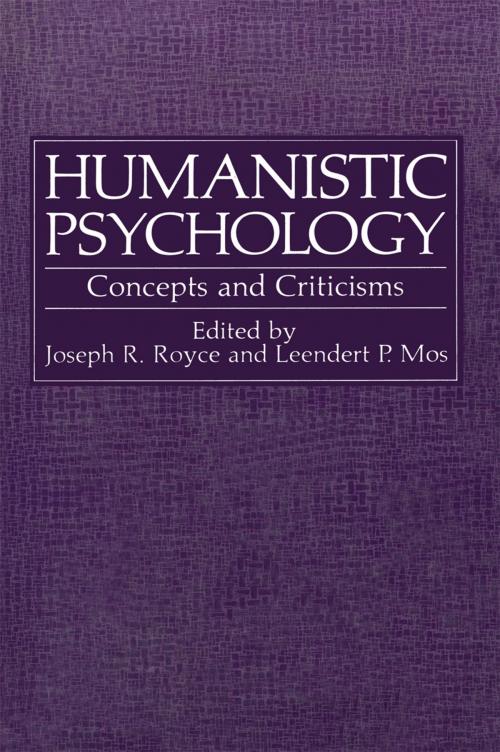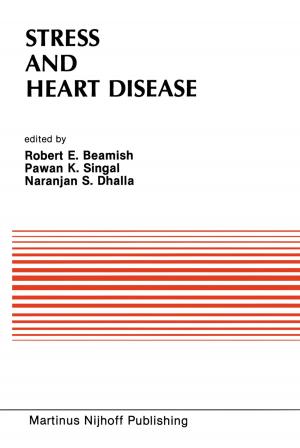Humanistic Psychology
Concepts and Criticisms
Nonfiction, Religion & Spirituality, Philosophy, Phenomenology, Health & Well Being, Psychology, Research| Author: | ISBN: | 9781468410716 | |
| Publisher: | Springer US | Publication: | December 6, 2012 |
| Imprint: | Springer | Language: | English |
| Author: | |
| ISBN: | 9781468410716 |
| Publisher: | Springer US |
| Publication: | December 6, 2012 |
| Imprint: | Springer |
| Language: | English |
THE FORMATIVE TENDENCY I have often pointed out that in my work with individuals in therapy, and in my experience in encounter groups, I have been led to the con viction that human nature is essentially constructive. When, in a ther apeutic climate (which can be objectively defined) a person becomes sharply aware of more of his or her internal experiencing and of the stimuli and demands from the external world, thus acquiring a full range of options, the person tends to move in the direction of becoming a socially constructive organism. But many are critical of this point of view. Why should such a positive direction be observed only in humans? Isn't this just pure op- · . ? timi sm. So quite hesitantly, because I have to draw on the work and thinking of others rather than on my own experience, I should like to try to set this directional tendency in a much broader context. I shall draw on my general reading in the field of science, but I should like to mention a special indebtedness to the work of Lancelot Whyte in The Universe of Experience (Harper and Row, 1974), the last book he wrote before his death. Though the book has flaws, in my judgment this historian has some thought-provoking themes to advance. I have learned from many others as well.
THE FORMATIVE TENDENCY I have often pointed out that in my work with individuals in therapy, and in my experience in encounter groups, I have been led to the con viction that human nature is essentially constructive. When, in a ther apeutic climate (which can be objectively defined) a person becomes sharply aware of more of his or her internal experiencing and of the stimuli and demands from the external world, thus acquiring a full range of options, the person tends to move in the direction of becoming a socially constructive organism. But many are critical of this point of view. Why should such a positive direction be observed only in humans? Isn't this just pure op- · . ? timi sm. So quite hesitantly, because I have to draw on the work and thinking of others rather than on my own experience, I should like to try to set this directional tendency in a much broader context. I shall draw on my general reading in the field of science, but I should like to mention a special indebtedness to the work of Lancelot Whyte in The Universe of Experience (Harper and Row, 1974), the last book he wrote before his death. Though the book has flaws, in my judgment this historian has some thought-provoking themes to advance. I have learned from many others as well.















